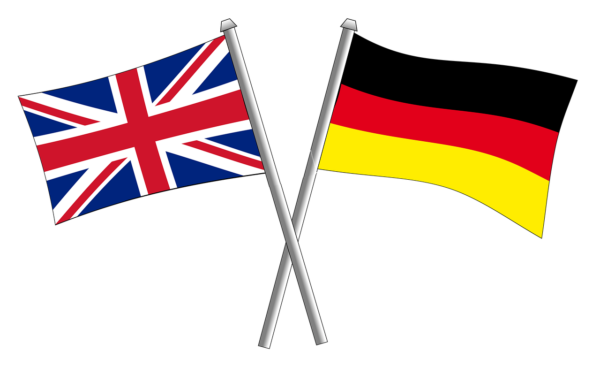

Dear visitors, please mind that this site is in English. And since you’re already here, please have a cuppa and practice your reading comprehension. A cuppa (cup of tea) is often considered synonymous with (British) English culture.
English lessons consist not only of grammar, vocabulary learning, pronounciation practice but depend heavily on the actual usage of spoken language. One cannot learn a language without speaking it. Therefore it is our utmost priority to ensure that our students are actively using english as a means of communication. From the beginning in class 5 our students are encouraged to use the English language itself when talking to their teacher or their classmates.
Students at our school can also take a telc exam which increases their chances in getting the job they strive for.
English is the ‚lingua franca‘ of the 21st century as learning the language is mandatory in many countries. Many international and national businesses require employees to be at least somewhat fluent in English. Consequently English is a major subject in the German curriculum.
English is considered an ‚easy‘ language for German speakers, as both belong to the germanic language family. Though they share a common history, they since then developed differently. Influences from the Latin and French languages make learning vocabulary substantially harder for German students. While simple English sentences are often similar to their German counterparts, more complex sentence constructions differ considerably. That can make learning English a tedious and daunting task which takes a lot of time and practice. Hence there are up to six English lessons per week, which make up a sixth of the students time table.
One dare say: English is important.
Aside from developing language skills, teaching English culture, literature and geopolitical topics are central to English lessons at our school.